Lumacip Cream 30 gm – Overview
Lumacip Cream 30 gm is a topical medicine used to treat melasma, hyperpigmentation, dark spots, and premature skin aging caused by sun exposure (photoaging). It helps improve skin tone, lighten acne scars, and reduce areas of darkened skin caused by excess melanin production.
This cream contains Hydroquinone, a skin-lightening agent that reduces melanin formation, helping to restore a more even complexion.
Uses
Melasma (dark patches on the skin)
Hyperpigmentation
Acne scars
Photoaging (premature skin aging due to UV exposure)
Freckles, age spots, and chloasma
How It Works
Hydroquinone in Lumacip Cream slows down melanin production in the skin, gradually lightening dark spots and improving overall skin tone.
Directions for Use
Apply the cream twice daily or as directed by your doctor.
Use clean, dry hands to apply a thin layer to the affected areas.
Gently massage the cream into the skin.
Avoid contact with eyes, lips, mouth, nose, or broken skin. If accidental contact occurs, rinse thoroughly with water.
Wash your hands before and after application.
Precautions
External use only.
Avoid using on sunburned, chapped, or irritated skin.
Use sunscreen and protective clothing when outdoors, as the cream can increase sun sensitivity.
Avoid harsh products like astringents, shaving creams, or hair removal products on treated areas.
Not recommended for children under 12 years of age.
Inform your doctor if you are pregnant, planning pregnancy, or breastfeeding.
Common Side Effects
Most side effects are mild and temporary:
Dry skin
Redness (erythema)
Mild itching or irritation
Burning sensation
If side effects persist or worsen, consult your physician.
Storage
Keep out of reach of children.
Store in a cool, dry place away from direct sunlight.
Overdose
Overdose is unlikely due to minimal systemic absorption.
Avoid using more than the prescribed amount.
Seek medical attention if unusual reactions occur.
Lifestyle and Skincare Advice
Stay hydrated and drink plenty of water.
Protect skin from direct sunlight using clothing or sunscreen.
Avoid harsh skin products or excessive scrubbing.
Maintain a balanced diet with protein, carbohydrates, and foods rich in antioxidants like quercetin (found in apples, berries, broccoli, and spinach).
Keep skin moisturized to prevent dryness.
Interactions
No known drug-drug or drug-food interactions.
Always consult your doctor for personalized advice.
Vendor Information
- Address:
- No ratings found yet!
-12%
Sinarest Paediatric Drops
₹103.78Current price is: ₹103.78. Original price was: ₹117.95.
-11%
-11%




















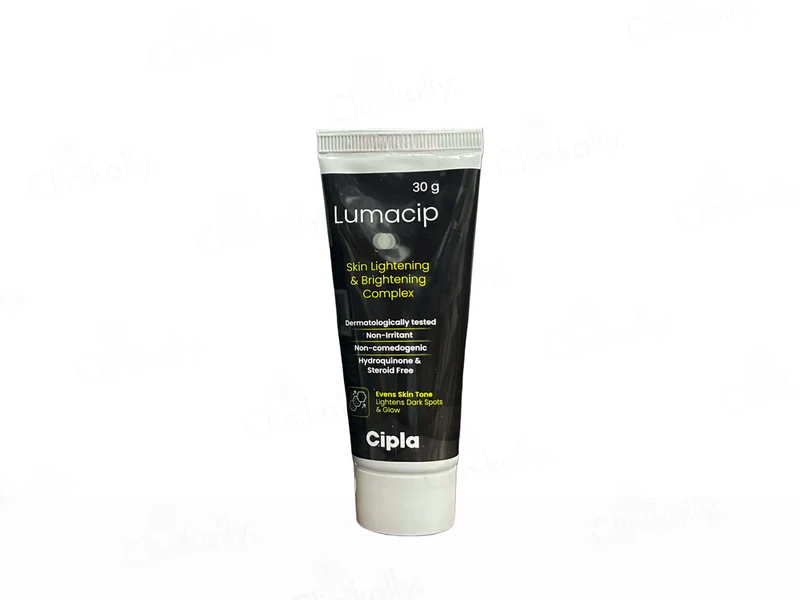
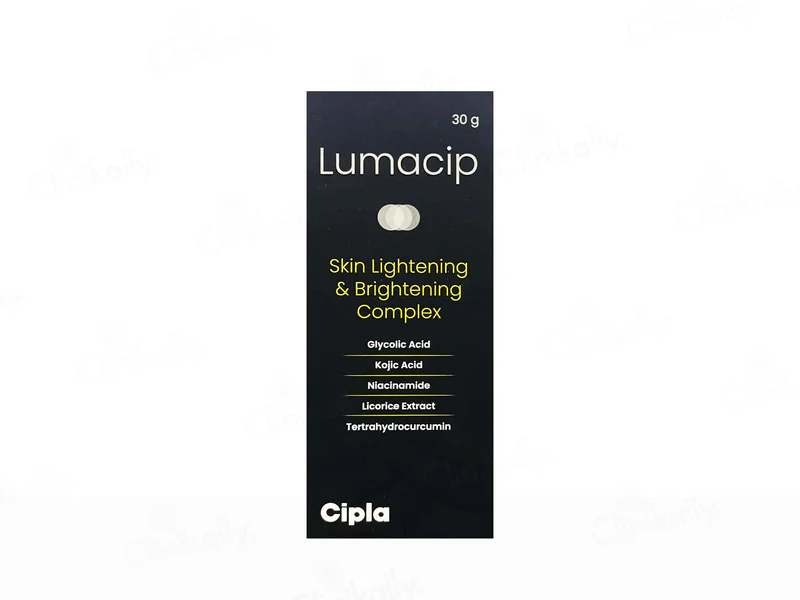
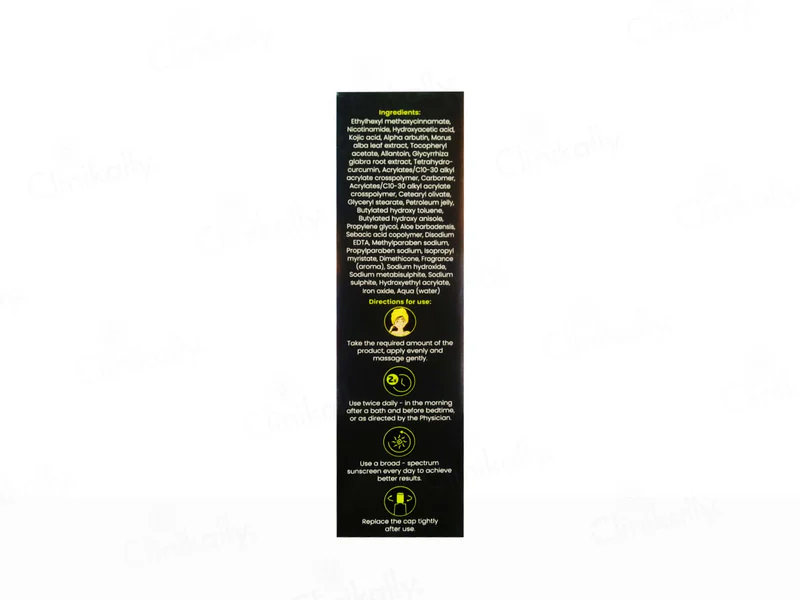
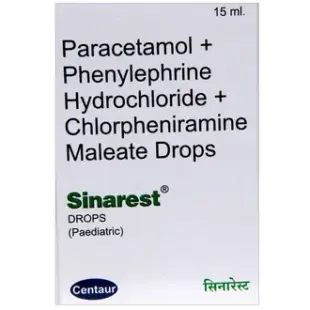
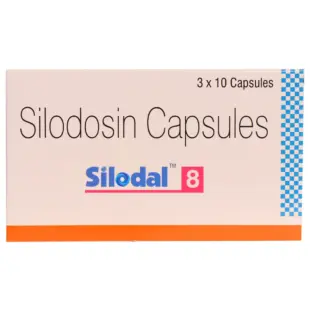
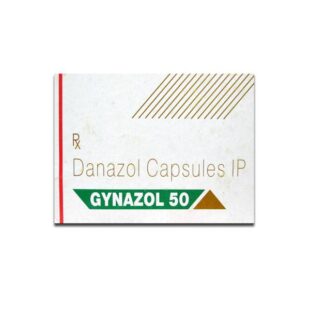
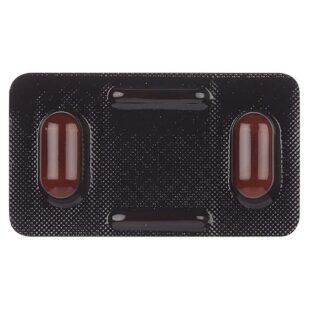
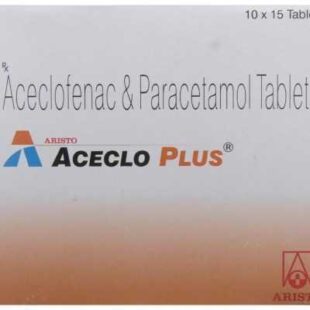
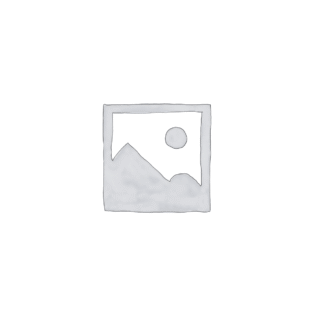
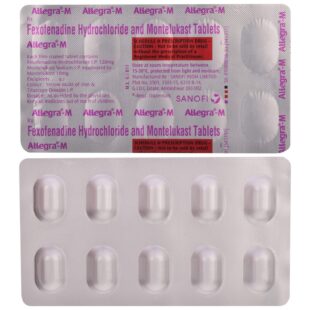
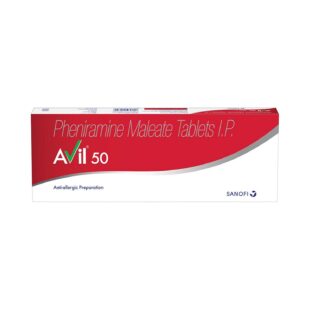
Reviews
There are no reviews yet.